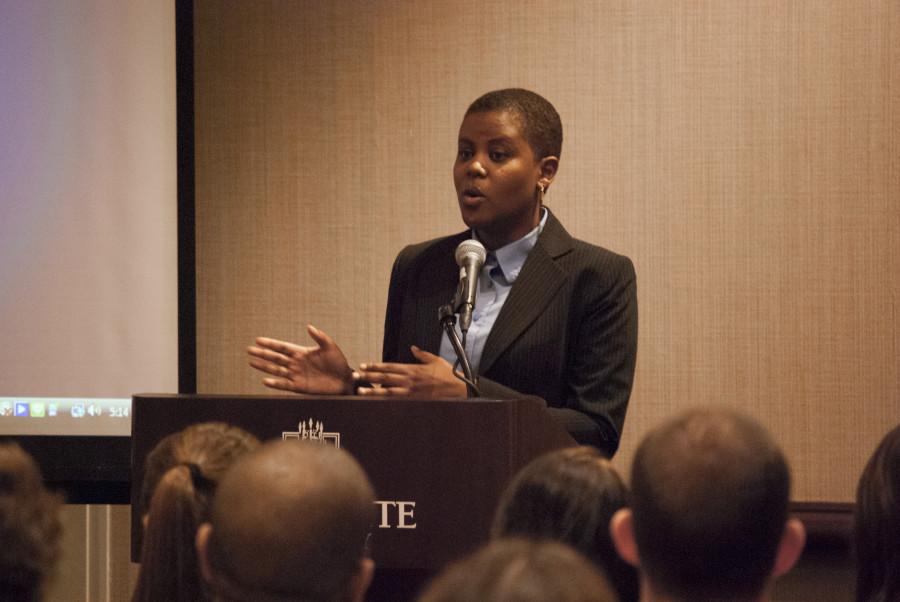War is a devastation that has always plighted humanity, but it affects a population in various ways.
Particularly, the individuals who often are not a direct part of violence are objectified, victimized and targeted. Women are often a part of this category.
For the majority of civilizations, the woman has not taken part in battlefield activities, at least in the last 300 to 400 years of conventional warfare.
However, she is often indirectly affected, being shuffled into new economic and social positions after the war finishes, targeted as an unconventional victim of pillaging and rape and also as a prisoner of war.
The history of women and war is often characterized by indirect humiliation of one power attempting to symbolically destroy another defeated civilization. Women become this symbolic destruction.
However, our world has changed in the last 50 years and, slowly, unconventional warfare is steadily rising.
Hand-to-hand combat, untrained and unconsolidated military strategy, unorganized militia work and unconventional weaponry, including genocide and rape, have been growing in use and number.
This new warfare strategy also affects women in a whole new way.
A present example of this change is seen when analyzing the genocide conflict of Rwanda in 1994 where more than 800,000 people were killed in 100 days.
In this massacre, women were caught in the symbolism of ethnicity, and were raped and killed.
Rwanda provides an example of this new warfare in our global system and highlights how women are directly and indirectly affected by its strategies and goals.
Step Up! Marquette Chapter commemorated the 1994 Rwanda genocide while addressing these broader issues of women and war on April 7. National founder Rangira Bea Galimore joined Marquette University professors to lead a panel called “Women of War.”
Lillian Figg-Franzoi is a junior in the College of Arts & Sciences





